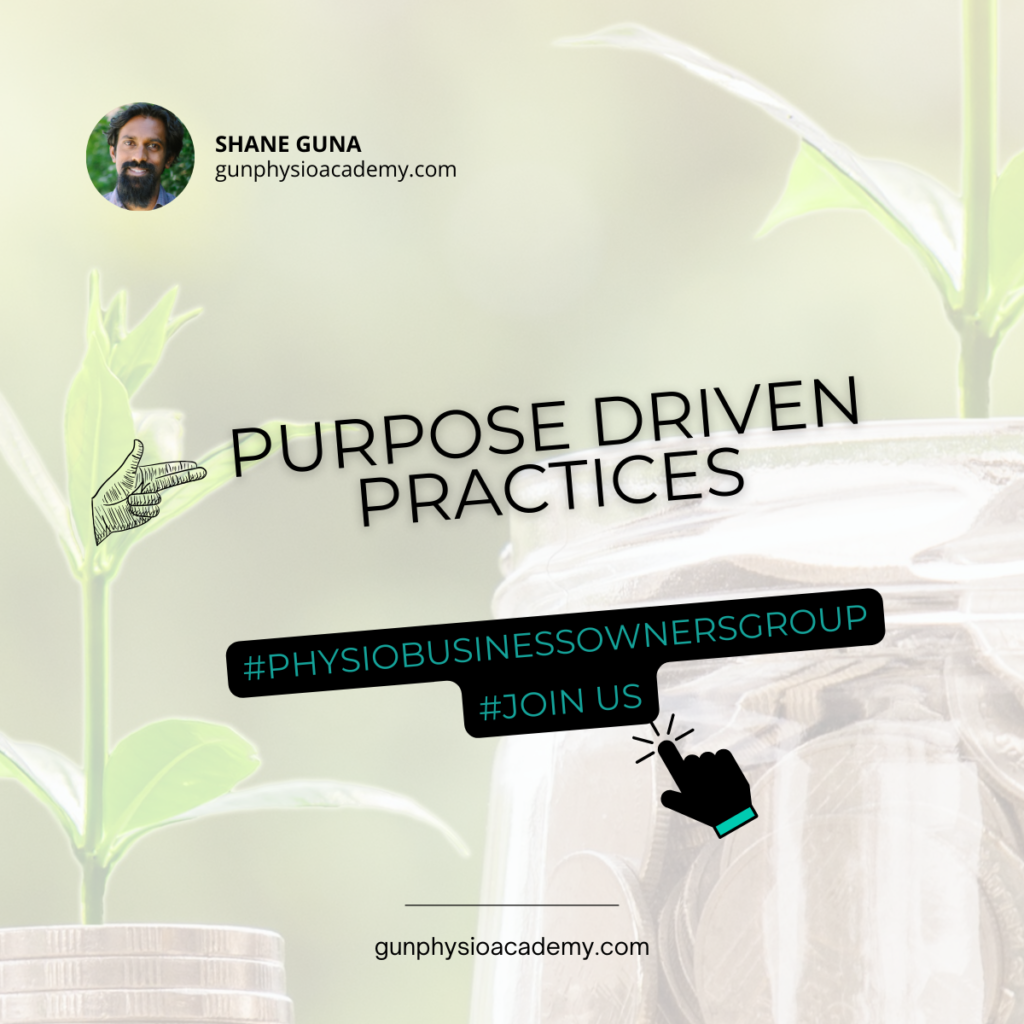Earlier this week I wrote about valuing others and embracing one’s best self. Today I thought we could delve further into and beyond this concept. Including understanding how much of ourselves we are giving away each day.
What is it to be valued?
What are the critical aspects of this and how do we find them?
It’s an interesting mindset and perhaps a little bit upside down.
For a child, there is an innate need to be held and kept warm. To have an emotional connection with a carer that is formative for their child and adult years. But for an adult we can’t expect others to always be there to show us how important we are.
As an adult we still look for others to value ourselves however we can not always rely on this being present. Therefore it is important that we value ourselves first and foremost.
One must never outsource their own self esteem.
In order to feel valued we must take steps to truly value ourselves.
Value our time and most specifically our emotional energy.
The gift of giving
We work in a very “giving” profession. People come to us for help and we give in return. We give advice, education, hands-on therapy, exercise programs, empathy, love and care. But most importantly, we give our energy.
We give our energy to create change, to break a cycle of self neglect, to motivate one to achieve their next goal.

Energy Givers
These people are like gold – they help to fill our cup.
They’re the patients or the colleagues that make you laugh, that put a smile on our faces each day. They make life worthwhile for everyone around them and their energy is infectious. Often these are the people you personally connect with the most.
In physio, these are the people that stand up from the treatment bed and say “thank you” with a big smile and you know what a difference you’ve made. This is a great way to fill our cup each day and one of the most magical things about being a physiotherapist.
Energy Takers
On the contrary, have you ever had a patient who’s name on your list fills you with dread? Chances are they are an energy taker.
We can often make the mistake of trying to give more and more to these people.
Unfortunately, this can be very troublesome for one’s self over a long enough timeline.
The concept of inertia is key to understanding this – Newton’s first law.
“…every object will remain at rest or in uniform motion in a straight line unless compelled to change its state by the action of an external force. This tendency to resist changes in a state of motion is inertia”
Isaac newton
In simple terms, if someone is standing still, our job might be to push them forward. If they’re moving in the wrong direction, our job is to reroute them.
The analogy I often use with my clients is “pushing a rock up a hill”.
For energy takers, it often feels this way – hard work!
There’s nothing specifically wrong with being an “energy taker” per se. We’ve all likely been that person at some stage or another.
The problem comes if the therapist doesn’t recognise this situation and take steps to mitigate this.
Inevitably, it results in a huge amount of effort, often for a small or even negligible gain. These are the patients you give everything to. You feel like you made a connection only for them to return the next week and tell you they haven’t done their exercises. They haven’t moved at all, and you’ve loaded all your energy into that rock, only for it to stay exactly where it was.
Now this isn’t 100% true, sometimes the inertia means we need to just do it again, or come at it from a different angle. But this takes energy and before long, we start to feel that energy starting to run dry. Looking back on the statistics, it’s not surprising that 38% of physiotherapists leaving the profession reported feeling burned out.
Giving and Burnout
It takes some experience to determine how much to “give” in any situation. To determine whether what you are giving is actually worthwhile; or if you ought to just regress to a more clinical approach.
Usually, it’s important to have a coach involved. Someone who’s responsibility it is to look after you as well. This is critical in keeping some of these situations contained. Particularly for people new to a role. I wouldn’t expect a new grad to fully grasp this. Similarly in business, one can’t expect to know all there is to know without someone else shining a light.
One of the critical questions I ask my clients at every meeting is “how full is your cup”?
It’s more like 3 questions really:
How are you? Good How are things at work? Great And how are you going with your self care? Terrible
Without a bit of self reflection or prompting, we are often left to our own devices. And as caring, empathetic people who put patient care first. We often answer “yes” and keep pouring.
This response, when our cup is not actually full enough, is the very beginning of the cycle of burnout.
The decision to pour again from your own cup, even though you haven’t yet refilled it.

The owners pain
As owners, these giving problems are just as prevalent. The toxic behaviours that often start out when we are young therapists only get worse as we move into business ownership. Below is a list of these, it’s not exhaustive, but the list speaks from personal experience and I dare say, I would often do all 6 of these at once.
- Working overtime
- Never saying “No”
- Unhealthy coping mechanisms (eg. alcohol)
- Constant multi-tasking
- Neglecting personal life
- Trouble switching off
Before we can serve others we MUST refill our own cup
Spending time with people who fill your cup is the best form of self management.
To some, especially introverts, this could mean a good book and an Earl Grey tea.
For others, it’s a night out with friends and a bit of a random headache the next morning. Whatever it is, self management is about learning how we best rest and recharge.
In addition to this, I’ve previously written on several strategies to empower your best self including my top 5:
- Sleep
- Sunlight
- Exercise
- Diet
- Relationships
How do we determine the Goldilocks zone?
My suggestion would be to first and foremost determine how full your own cup is on any given day. Understanding oneself is key and taking the time to self analyse our own behaviours before we can restart the cycle of self-neglect.
This is a process of self reflection and one of the best ways of engaging in this process daily is through a combination of journaling and meditation.
Self reflection is a skill, and it’s something we often need assistance with in the initial stages.
You can’t see your own blind spots.
The tragedy of working alone is that often we are well aware of our fallibilities.
We just choose to look in the other direction.
This is where mentoring really comes into it’s own. Shaping a mindset of success takes time. But it starts with small ideas that can grow larger and larger.
A big part of this is accountability.
Keeping people accountable to their goals, specifically their personal goals.
Seeing the woods for the trees. From this position, the answers become so much clearer.
Knowing that you started a business to free up your own time for flexibility. To give you time to wear the other hats in your closet, the far more important ones:
- Wife/Husband/Partner
- Father/Mother
- Son/Daughter
- Footy coach / Cricket scorer
- Chef and Maître D
- Music Groupie
- Friend
“Today my cup is full, I have worked hard to fill it, and I will work even harder to ensure it doesn’t get emptied.”






